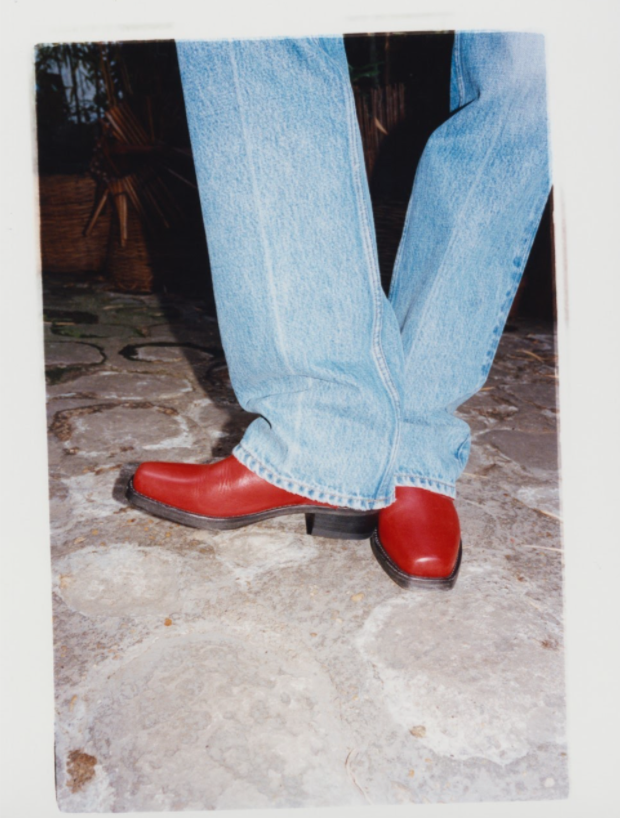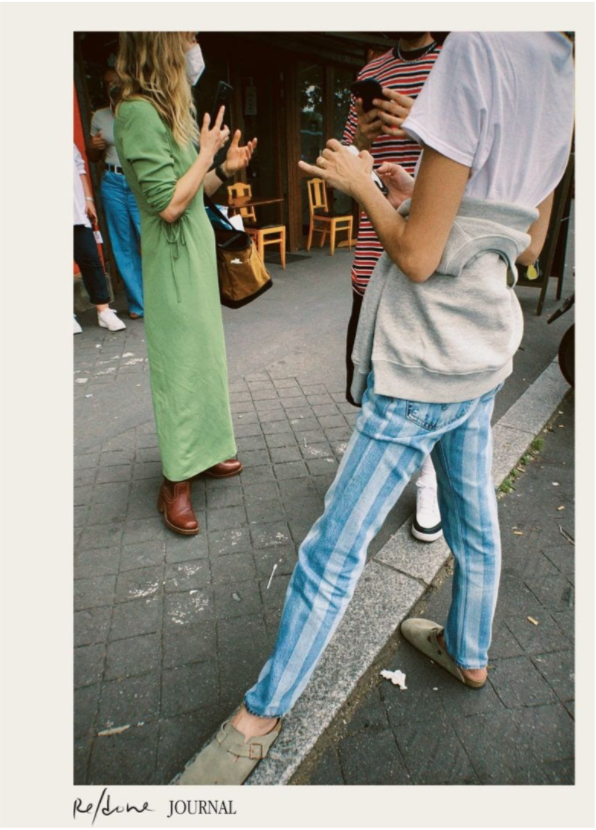The Future of Fashion: Sustainable & Circular

The fashion industry has deep roots in making and destroying their products. It is an industry that is constantly evolving with the trends, while sticking to its core values and practices. However, the conversation around sustainability is more present than ever, and consumers are calling on the fashion industry to change their ways and use more sustainable practices for the future of both the industry and the world.
Since people are increasingly expecting sustainable practices from most fashion brands, more brands are being exposed for their environmentally detrimental practices. For example, Coach recently received a ton of backlash after a video went viral on TikTok showing how they destroyed their unsold handbags. However, Coach was just the one caught in the act. Destroying unused products, whether it’s slashing or burning them, has been a norm in the fashion world for years. This is especially true for luxury brands because it maintains the brand value and is also cheaper than recycling or repurposing their products.
While smaller brands like Reformation and Patagonia were the original brands to start the efforts in sustainable practices, larger, luxury brands are now following behind. For any brand, their goal always comes down to having an emotional attachment, loyalty and message. More fashion brands are now realizing that consumers are building attachments based on sustainability efforts and what the brand stands for environmentally. The industry is slowly recognizing more ways fashion can be sustainable, from using recycled materials and emitting less CO2 to following the circular business model, which includes resale & repair.
Resale is a strategy a lot of fashion brands have decided to use in their efforts. The RealReal has been around since 2011 and is a leader in the luxury resale department. Following them are stores like What Goes Around Comes Around, focusing more on vintage pieces, and more recently, apps like Depop and Grailed that allow individuals to sell and buy their clothes directly from one another. More and more luxury brands are following as well, like Isabel Marant. Isabel Marant recently launched their new digital resale platform, Isabel Marant Vintage. They are not only extending the life of their garments and accessories, but also helping the environment.
Reworking and upcycling vintage pieces has been another recent trend, and RE/DONE has taken the crown for that practice. The company started with RE/DONE | Levi’s, creating sustainable fashion by upcycling vintage Levi’s, reducing water usage and extending the life of denim products by creating modern fits. Then they launched RE/DONE | Hanes, where they developed new, recycled cotton tees from the Hanes archive. They also added a RE/SELL section online, which allows customers to buy and sell pre-owned products. Now having many different collections and collaborations, they’ve marked themselves as a brand that celebrates iconic styles of the past while adding a sustainable twist.
Repair and care services are another route brands can take. Net-a-Porter launched Net Sustain in 2019, which aims to curate products that meet the higher standard for human, environmental and animal welfare. It was designed to not only shift consumption habits, but also raise awareness of their care and repair service in order to increase the longevity of their garments and lower their carbon footprint on shipping options. While Burberry donates unsold products and raw materials to design schools and charities, they also launched a repair and replacement service in their London and Paris stores.
The fashion industry has only recently begun to seriously take into account their environmental impact because consumers are holding them more accountable. There’s still a ways to go, but retailers and brands have started to find their niche in sustainable practices, whether it’s RE/DONE upcycling vintage Levi’s or Isabel Marant launching a resale site, and sustainable fashion is never going out of style.









